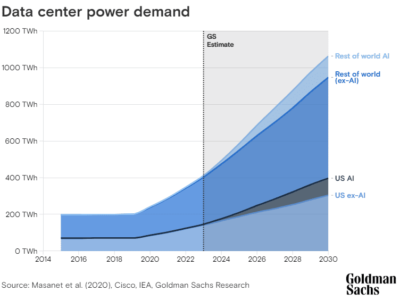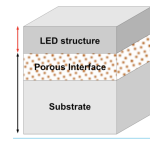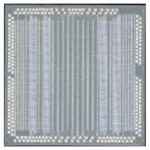
Japan to break into advanced chip manufacturing, says TrendForce
 Cette publication existe aussi en Français
Cette publication existe aussi en Français
Japan will break into advanced chip manufacturing by 2027, partly due to the efforts of government-backed foundry Rapidus Inc. to introduce 2nm manufacturing, according to TrendForce.
At the same time Taiwan will see reduced market share in foundry advanced chip manufacturing, defined as manufacturing at 16/14nm and below, the market researcher reckons. In mature chip manufacturing at 28nm and above China will expand foundry market share to rival that of Taiwan.

Global advanced and mature foundry chip manufacturing capacity by region 2023 and 2027. Advanced is defined as non-planar 16/14nm and below. Mature is defined as 28nm and above. Source: TrendForce.
As of 2023 Taiwan holds approximately 46 percent of global semiconductor foundry capacity, followed by China (26 percent), South Korea (12 percent), the US (6 percent), and Japan (2 percent).
US is offering incentives for advanced chip manufacturing and domestic foundry capacity is expected to increase to 17 percent but TSMC and Samsung will account for over half of this capacity.
Japan is also planning a return to semiconductor manufacturing, actively supporting local foundry Rapidus with the aim of introducting 2nm process. Japan is also offering subsidies to foreign companies including join ventures with TSMC called JASM and Powerchip (PSMC).
However, Europe does not register as a significant source of advanced chip manufacturing by 2027 on TrendForces’s chart despite the introduction of 4nm manufacturing by Intel in Leixlip, Ireland, and hopes of Intel bringing advanced manufacturing to Magdeburg, Germany.
China’s mature process foundry capacity is set to grow to 39 percent as TSMC in particular focuses on higher margin advanced manufacturing. China is also being constrained so that it can only expand in mature process technologies in response to export controls on advanced equipment by the US, Japan, and the Netherlands.
Related links and articles:
News articles:
Intel breaks into foundry top ten in 3Q23 ranking
China ramps AI chip production but short of the leading-edge
TSMC’s November sales show return to downward trend
 If you enjoyed this article, you will like the following ones: don't miss them by subscribing to :
eeNews on Google News
If you enjoyed this article, you will like the following ones: don't miss them by subscribing to :
eeNews on Google News







